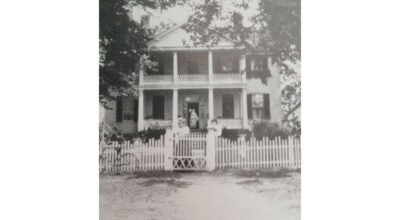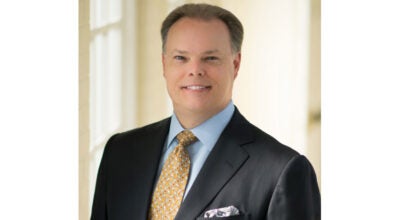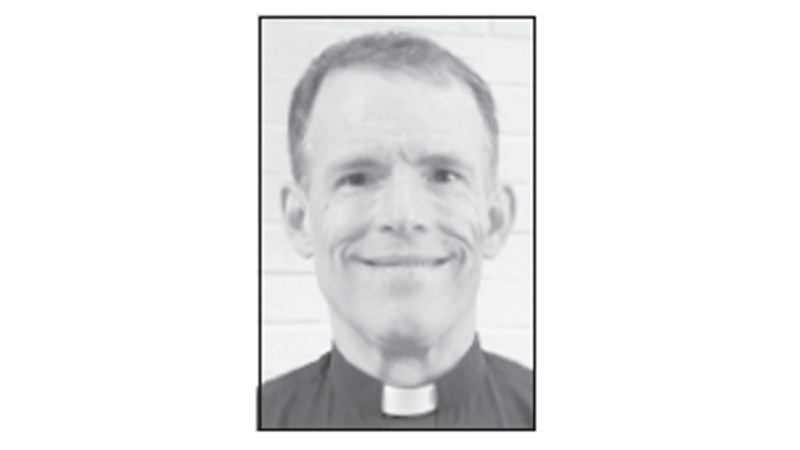Is it God?
Published 10:52 am Wednesday, January 23, 2019
by Charles Qualls
Is it God or is it me?
That sounds like a random sort of question to ask. If we only operate on the surface of our belief, that would sound like an easy question to answer. While I am a child of God, challenged to try to reflect the essence of my God, most people still would not readily mistake me for God.
We are in our winter sermon series at my church, one I am excited about. That six-week series is titled, “Why I Am a Baptist … and why it still matters today.” Important as I think the topic is, I am guessing it might not have as broad an appeal as some other things could for a newspaper column. Although I will share an entry or two with you, we won’t try to give you all six weeks’ worth. Thus, my thoughts today.
You’d be surprised how much over the years I’ve noticed Christians declaring that the wishes of their hearts are actually God’s will. The rationale that sometimes follows is stunning. They’ll say, “After all, there’s no way that God would put something on my heart that God wouldn’t want.”
While most of the time I don’t say it aloud, my internal dialogue is usually shouting, “Oh yeah? Have you actually ever read any of the Bible?”
The Bible is replete with instances where humanity followed its wants and ideas, its convictions, hopes and excesses right into trouble. Pretty much the entire biblical story from Genesis to Maps is summed up by that pattern. Very few Biblical characters are depicted as actually saying, “I know God is going to deplore this, but I’m going to do it anyway.” Far more, they (we) drifted apart from God by losing their filter for what was of God versus what was originating from within them.
Here is what prompts me to discuss the title question of “Is it God or is it me?” I find a lot of Christians hiding behind the notion of “God’s will” every time they get excited about an idea, a new want, a wish or a conviction about something. We’ve probably all done that. If we want to convince someone else that our want is important, or that our idea is a good one, we might soon tell them that we believe it’s “God’s will.”
But, how do you know?
The problems are several. First of all, spiritual discussions can also on some level be intellectual and emotional as well. When we take a hasty retreat with someone to the “But it’s God’s will…” position, we lock the conversation down. It’s pretty hard to explore with someone when they’ve pronounced that they’re following God’s will.
Another problem is that we have to know the heart of God before we have much business claiming God as the source of our will. That takes a lifetime of spiritual pilgrimage and maturity, rather than getting all excited and trotting out the name of God as a mascot for our wish list.
At my very best, my own personal and very flawed human wants can lead me to desire something so badly that it starts to sound like the guidance of God rather than my own needs, fears, wounds or hopes. More often than I do, I should be asking “Is this God or is it me?”
What can we do? For one thing, we can work harder to get to know the God of our faith. That’s where it all starts. Who does the Bible depict God to be? What is important to God? Where has God been headed since the beginning of Creation? How is the Bible a written revelation of God’s journey and covenant with all of Creation, of which I am only one small part?
When God starts to look too much like me, I might be staring at a mirror rather than the true reflection of God. When I think God dislikes the same people I do, I have fashioned God after myself. When God starts to only want the same things I do, I might be listening more to myself than to God. Still, there are more daily questions that could guide us.
Does this thing I am about to do, or that I am wanting, reflect the essence of God? Would this be consistent with what God seems to be doing? Will this advance or set back God’s witness in the world? How will this serve what God is doing, rather than just serve me?
When we talk about God, we should do so humbly. Just in case we are wrong.
DR. CHARLES QUALLS is senior pastor at Franklin Baptist Church. Contact him at 562-5135.





